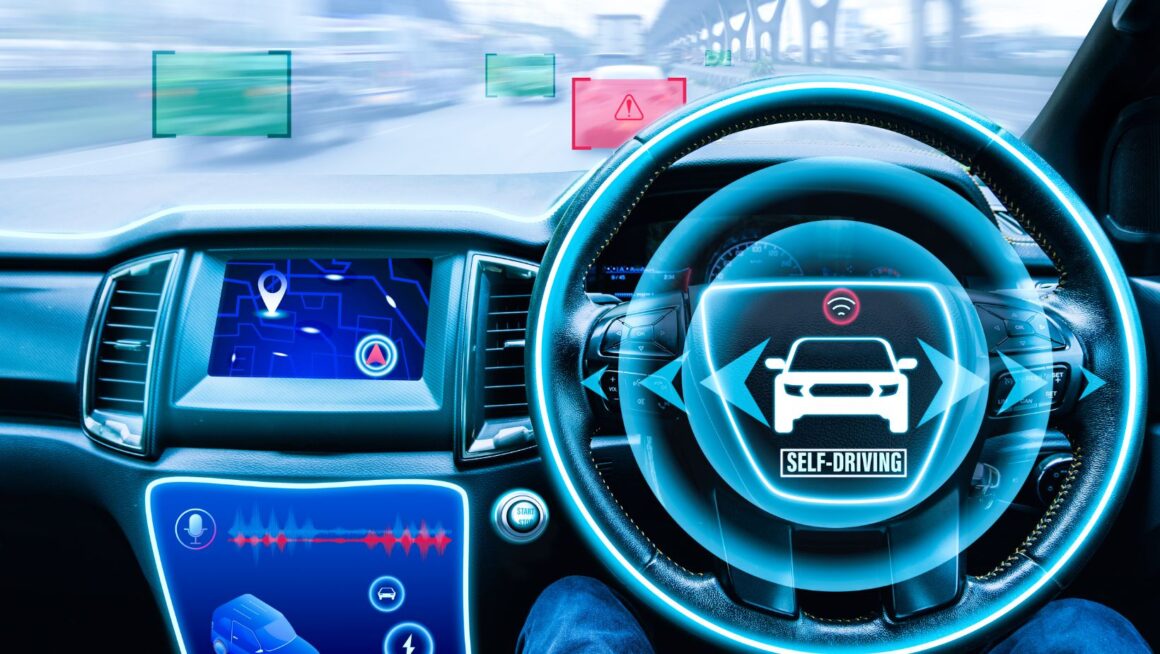With the rapidly changing world, businesses are optimizing their fleet operations at a fast rate. One approach is the use of autonomous vehicles. The best perks of these vehicles are that they are highly optimized and enhance business efficiency. Let’s find out more about the future of fleet operations owing to advancements in autonomous vehicles.
Benefits of Autonomous Vehicles in Fleet Management
Let’s explore the benefits of autonomous vehicles at first:
1. Increased Uptime
The best thing about autonomous vehicles is that they uplift the uptime or operational time. Since these are driverless cars, they can be operated 24/7, helping in better asset management. That’s why the UK industry is swiftly shifting towards driverless cars, intending to capture £42bn of the international self-driving market by 2026, as per The Guardian.
2. Reduced Expenses
These robotic cars play a huge role in lowering the expenses for companies. For starters, these vehicles will make companies skip the need for human drivers, cutting the cost. Further, they can operate continuously without the need to rest or eat. A continuous operation brings a better ROI as well as generates more revenue.
3. Improved Sustainability Image
A recent trend has shifted rapidly towards EV vehicles, owing to growing environmental pollution.

Therefore, fleet companies are bringing the best of both worlds into their arsenal – both electric and autonomous cars. A perfect example is Wayve, which is slowly shifting towards EV autonomous cars.
AI & Data Integration in Autonomous Vehicles Department
Autonomous or self-driving cars have been a vision of many companies for years. However, the recent boom of AI has pushed organizations to bring such vehicles at much faster rates.
AI can play the following roles for companies to improve their autonomous service:
- Improved object tracking: Many companies, such as Radius, are using advanced AI models, like data-driven AI-based solutions, to help brands streamline the tracking processes of their feet.
- Decision Maker: If a brand is struggling with the management of its feet, artificial intelligence is here to play its role. It can identify the high-demand areas and direct your cargo towards that area. Further, it can also analyze provided data to make itself better.
- Less Damages & Accidents: With the help of machine learning (ML), AI relies on real-time data and learns continuously. This results in fewer accidents due to sleepy or drunk drivers, leading to less damage and lower expenses.
Challenges Associated with Autonomous Vehicles in Fleet Operations
As we have seen, autonomous vehicles have brought a huge convenience for companies, but they also have a fair share of challenges.
The major risk is associated with security. Undoubtedly, machines can work tirelessly, but like humans, they still make errors and put their lives in danger.

Security is a big challenge with autonomous vehicles. Any malfunction in sensors like LIDAR or radar can produce drastic effects. Therefore, regular calibration is required for these tools.
Another risk factor is the public trust. Unless companies demonstrate security and reliability, it is hard for the users to buy the promise of autonomous cars.
Bottom Line
The conclusion is that the fleet operations are like a vertebral column for any brand. They help to transfer goods or receive packages. However, autonomous vehicles have increased over the past few years as more companies are adapting to them. But this growing business also comes with its own challenges. For example, the main issue is security, lack of standardization, and absence of insurance. Addressing these issues timely can be beneficial for the brands.

